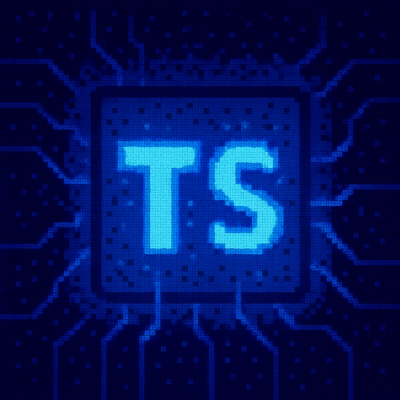
Security News
Critical Security Vulnerability in React Server Components
React disclosed a CVSS 10.0 RCE in React Server Components and is advising users to upgrade affected packages and frameworks to patched versions now.
@zebec-fintech/card-minimal-sdk
Advanced tools
An sdk for purchasing zebec card for partners
To use the functionality of sdk you should first create a ZebecCardService instance. To create an instance you need signer, chainId, apiConfig and optional sdkConfig. Supported chains are Sepolia, Mainnet (Ethereum), BSC, Base, BscTestnet. If sandox property in sdkConfig is set to true, then only testnet chain ids are allowed and vice versa.
const signer = <ethers.Signer Instance>;
const chainId = 11155111; // sepolia
const apiKey = process.env.API_KEY!;
const encryptionKey = process.env.ENCRYPTION_KEY!;
const service = new ZebecCardService(
signer,
chainId,
{
apiKey,
encryptionKey,
},
{
sandbox: true, // set true for testing and dev environment
},
);
Then you have to invoke purchaseCard method in the instance. The method takes object comprised of amount and recipient. While amount is string type with numbers and decimal point as characters, recipient is an instance of Recipient. The methods at its core does four task:
The method returns tuple which consists of Deposit TransactionResponse, BuyCard TransactionResponse and lastly an AxiosResponse of backend api call.
const participantId = "JohnChamling";
const firstName = "John";
const lastName = "Chamling";
const emailAddress = "sanjib@zebec.io";
const mobilePhone = "+9779876543210";
const language = "en-US";
const city = "Bharatpur";
const state = "Bagmati";
const postalCode = "44200";
const countryCode: CountryCode = "NPL";
const address1 = "Shittal street, Bharatpur - 10, Chitwan";
const recipient = Recipient.create(
participantId,
firstName,
lastName,
emailAddress,
mobilePhone,
language,
city,
state,
postalCode,
countryCode,
address1,
);
const amount = "150.55";
const [depositResponse, buyCardResponse, apiResponse] = await service.purchaseCard({
amount,
recipient,
});
console.log("depositResponse:", depositResponse.hash);
console.log("buyCardResponse:", buyCardResponse.hash);
console.log("apiResponse:", apiResponse.);
FAQs
An sdk for purchasing card in zebec fintech
We found that @zebec-fintech/card-minimal-sdk demonstrated a not healthy version release cadence and project activity because the last version was released a year ago. It has 0 open source maintainers collaborating on the project.
Did you know?

Socket for GitHub automatically highlights issues in each pull request and monitors the health of all your open source dependencies. Discover the contents of your packages and block harmful activity before you install or update your dependencies.

Security News
React disclosed a CVSS 10.0 RCE in React Server Components and is advising users to upgrade affected packages and frameworks to patched versions now.

Research
/Security News
We spotted a wave of auto-generated “elf-*” npm packages published every two minutes from new accounts, with simple malware variants and early takedowns underway.

Security News
TypeScript 6.0 will be the last JavaScript-based major release, as the project shifts to the TypeScript 7 native toolchain with major build speedups.